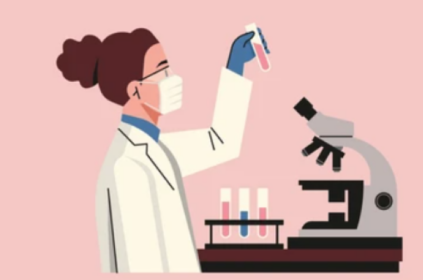A recent study finds that the common skin fungus Malassezia globosa (M. Globosa), can promote tumor growth, potentially impacting breast cancer prognosis and treatment approaches.
As reported in mBIO, the study opens new pathways for treatment and diagnosis while highlighting the complex relationship of cancer and microorganisms.
Qi Ming Wang, Professor at China’s Hebei University led the study which was published in the mBio journal. The team discovered that M. globosa can colonize the fat tissue in the breast while triggering mechanisms that increase tumor development. The team indicated that this development is in addition to already established evidence connecting microbial imbalances to the progression of cancer. The study emphasizes the need to maintain skin health.
Although M. globosa is generally a harmless yeast-like fungus found on human skin, the new research indicates there may be a more serious effect upon invading deep tissues. The team of researchers investigated the impact of the fungus by transplanting breast cancer cells into the mice and injecting the mammary glands of the mice with M. globosa.
The team measured the size of the tumor by examining the tumor tissue while also observing the amount of M. globosa in the tumors.
About the Results
Professor Wang called the results “striking” as the researchers discovered, M. globosa does colonize in the fat pads of the breast which leads to tumor growth. He added that it is lipophilic yeast and therefore the breast fat pads may be an external lipid source to develop M. globosa.
About Mechanisms
In addition to the observation of tumor growth, the study investigated underlying mechanisms. The researchers discovered that an inflammatory response was triggered by the protein interleukin-17a (IL-17a) plus immune cells called macrophages.
Indications are that IL-17a/macrophages are directly responsible for accelerating the growth of breast cancer. The fungus appears to change the tumor’s immune environment, possibly creating a favorable atmosphere for cancer progression.
Each new study appears to justify reasons for examining the association between cancer and microbes. Professor Wang further commented that although the premise is still controversial, there is a growing interest in the relationship between cancer and microbes.
breast cancer cancer research research
Last modified: October 10, 2024











